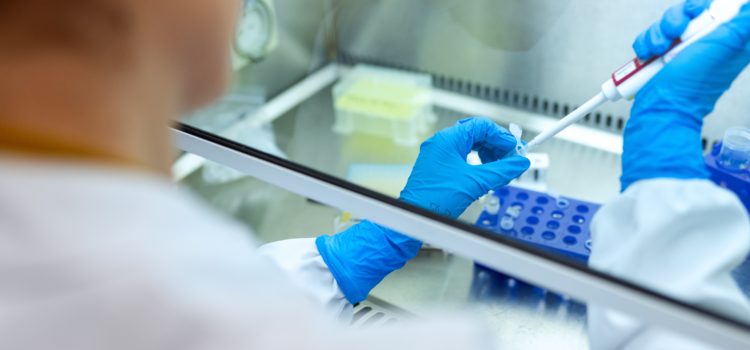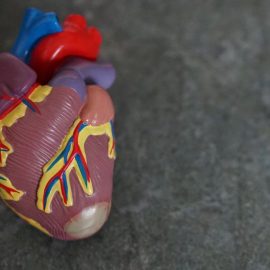

This article is an excerpt from the Shortform summary of "The Immortal Life of Henrietta Lacks" by Rebecca Skloot. Shortform has the world's best summaries of books you should be reading.
Like this article? Sign up for a free trial here .
What makes it ethical to perform experiments on people? How does a doctor get permission to take blood or tissue samples from a patient? What type of voluntary consent or informed consent is needed?
Voluntary consent is when a person willingly participates in a procedure or experiment. Informed consent in research requires the person to know what they’re agreeing to as opposed to just agreeing to do something.
Read more about the issue of voluntary consent for Henrietta Lacks and informed consent in research using her cells.
Discovering a Lack of Voluntary Consent
In 1975, a Rolling Stone reporter writing a story on the widespread contamination of cell lines with HeLa reached out to the family. The article alluded to commercial businesses that sold vials of HeLa cells. (As of 2009, a company called Invitrogen was selling HeLa-derived products for anywhere from $100 to $10,000 per unit.)
When the article appeared in 1976, it had a major impact in the wider culture. It was the era of the Black Panthers, and scholars and activists had uncovered widespread abuses of research subjects and medical patients on the basis of their race. The cultivation of Henrietta’s cells without her or her family’s voluntary consent—and the economic difficulties of her kin—became a testament to the persistent power disparities between Blacks and Whites in the U.S.
Informed Consent in Research
In terms of voluntary consent, the Federal Policy for the Protection of Human Subjects—more commonly known as the “Common Rule”—mandates that researchers must have informed consent before conducting studies or experiments on human subjects. The problem is that most tissue research isn’t federally funded and the researcher never comes into contact with the actual human who provided the samples: the subject is the sample, not the human. Doctors must get informed consent from a potential subject if they want to remove tissue for research, but if they want to conduct research on already-removed tissue, they don’t.
While the medical establishment believes there are sufficient mechanisms and rules in place for informed consent in research—institutional review boards, various guidelines, and ethical codes—tissue-rights activists argue that actual legislation is necessary to protect people’s tissue. These activists believe that donors should have a say in who gets access to those tissues and what kinds of research their tissues are used for.
Gray Areas in Voluntary Consent
Some unwitting tissue donors have tested these theories in the courts. In 2005, 6,000 patients sued Washington University to have their tissue samples removed from the institution’s cell bank. The patients lost their initial lawsuit as well as their appeal; the judges in both cases argued that patient ownership of tissue samples would stifle scientific research. In 2008, the patients appealed to the Supreme Court, which refused to hear the case.
Hopkins’s release of Henrietta’s name and medical records, however, would be illegal now: HIPAA protects patients’ privacy. And the Common Rule features guidelines for naming and/or coding samples that renders them anonymous (i.e., samples are no longer named, like HeLa, using the subject’s real name).
Contemporary bioethicists and scientists are divided on the issue of informed consent in research. Some believe patients should have complete knowledge of and control over how their tissues are used, whereas others argue the complexity of a robust consent regime would have significant negative consequences for the advance of science.
Voluntary Consent With Commercial Uses
In terms of the patient’s interests in commercial science, the scientists Skloot interviews believe patients should have ownership of their tissues. Wayne Grody, a lab director at UCLA, argues that if patients can leverage their tissues to make a profit, more power to them.
The problem, though, is that the majority of patients don’t know their tissues are valuable until after they’ve already been (legally) taken. Thus the only way they can reap the benefits of their tissues is if doctors and researchers voluntarily include them in any commercial venture—or if those doctors and researchers must get their consent.

———End of Preview———
Like what you just read? Read the rest of the world's best summary of Rebecca Skloot's "The Immortal Life of Henrietta Lacks" at Shortform .
Here's what you'll find in our full The Immortal Life of Henrietta Lacks summary :
- How Henrietta's cells became used in thousands of labs worldwide
- The complications of Henrietta's lack of consent
- How the Lacks family is coping with the impact of Henrietta's legacy






